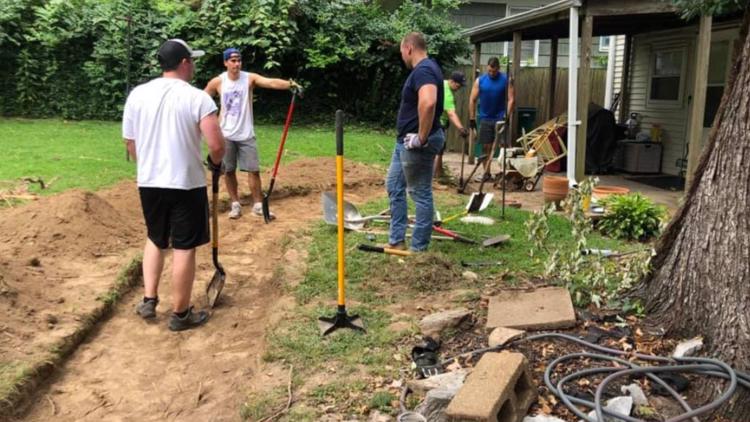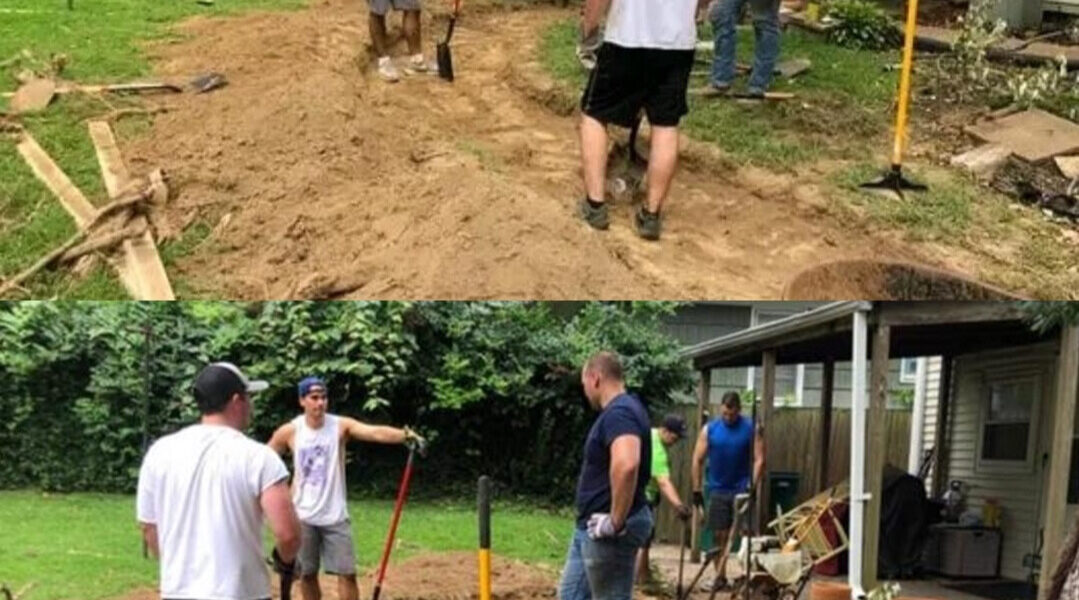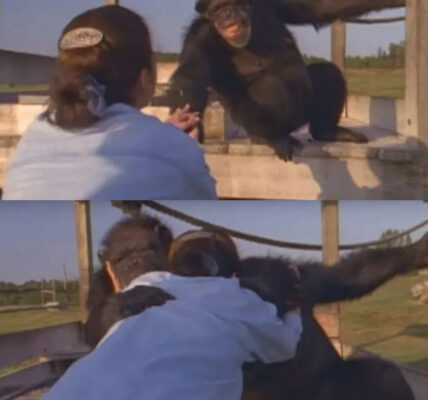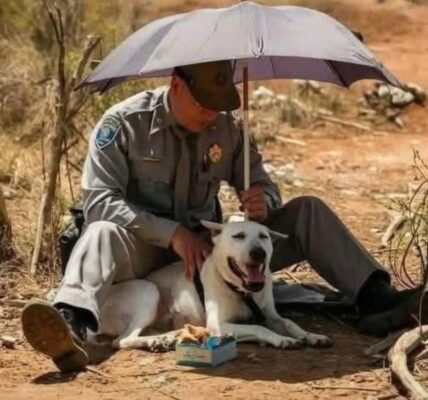
The call had been routine. Nothing unusual, nothing out of the ordinary for the firefighters of Webster Groves, Missouri. They were tired, ready to return to the firehouse, when something on the side of the road caught their attention.
An elderly woman in a wheelchair was outside her home, struggling. She was trying to make her way across the patch of lawn that separated her driveway from her front door. The ground was uneven, pocked with dips and bumps. A set of steps blocked the entrance.
The firefighters slowed their truck. From their seats, they watched her wheel forward, straining, only to get stuck again. And then, in an instant that made their hearts sink, her chair tipped and she fell forward.
They were out of the truck in seconds. Training took over. Within moments, she was safely upright again, her chair steadied, and her dignity as intact as it could be under the circumstances. She thanked them with the kind of gratitude that comes from someone used to fighting battles alone. They made sure she got inside before leaving.

But as they drove away, none of them could shake what they’d just witnessed.
Yes, they had helped her in that moment. But what about tomorrow? What about the next time she tried to come home with groceries? Or in the rain? Or in the dark, when no one was there to see? Helping her inside once was only a band-aid. What she needed was something permanent.
So, they decided to come back.
On their days off—the precious time when firefighters usually recover from long shifts and unpredictable emergencies—this crew returned to her home. Not in uniform this time, but in work boots, jeans, and t-shirts, carrying tools instead of hoses.
They got to work tearing up the uneven ground in front of her door. They mixed bags of concrete, shoveled, smoothed, and paved. Their strong hands, used to fighting fire and saving lives in chaos, now built something steady, something safe. Bit by bit, a new walkway took shape—smooth, level, accessible. They poured a ramp, too, ensuring that the woman would no longer be trapped by the steps that had once stopped her.
Neighbors peeked out of windows, surprised to see firefighters laboring away under the weekend sun. Some came over to watch, offering cold drinks. But the firefighters weren’t doing it for recognition. They worked steadily, sweat streaking their brows, dust on their clothes, until the job was done.
When the woman came outside to see the finished path, her eyes filled with tears. What had once been a daily source of fear—those stairs, that rough yard—was now a clear, solid walkway leading straight to her door. She could move freely. She could come and go without worry. For the first time in years, her independence was restored.
And for the firefighters, the reward was simple: the sight of her smile, the relief on her face, and the knowledge that they had not only responded to an emergency but prevented future ones.
When the Webster Groves Firefighters Community Outreach page later shared the story online, it quickly spread. People from across Missouri and beyond left comments filled with gratitude and admiration. They didn’t just see firefighters—they saw neighbors, human beings who chose compassion when no one was watching.
The crew never asked for attention. They never sought headlines. To them, it was simple: they had seen a problem, and they had the ability to fix it. That was enough.
But to the woman in the wheelchair, it wasn’t just a slab of concrete. It was kindness. It was dignity. It was hope, poured and smoothed into every inch of that ramp.
And to all who hear the story, it’s a reminder that heroism doesn’t always look like flashing lights and sirens. Sometimes, it looks like a few men, on their day off, mixing cement in a front yard—because they refused to walk away from someone else’s struggle.




